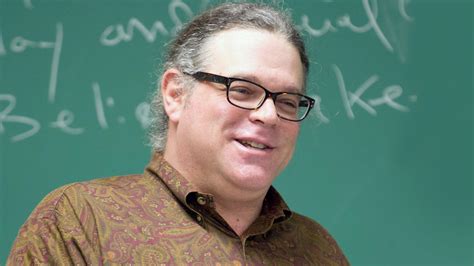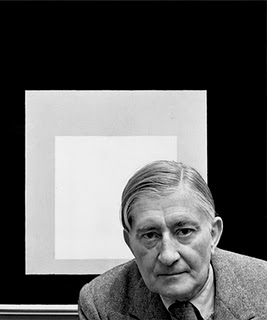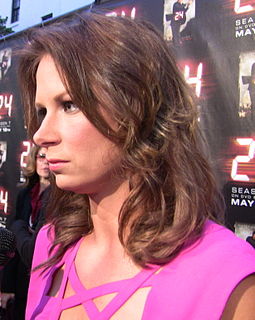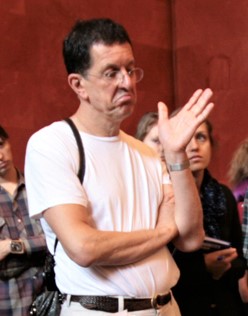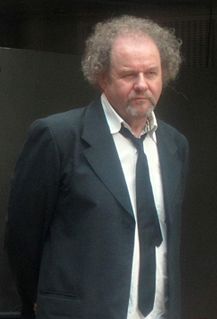A Quote by Philip Auslander
It's impossible to say that live art enjoys any single status in the information age--there are versions of live art that are still primarily art-world phenomena, others that appeal to much broader audiences. The Burning Man festival is a case in point--an event featuring performance that is itself a performance, which partakes simultaneously of frontier mythology, a counter-cultural impulse, and popular cultural visibility.
Quote Topics
Age
Any
Appeal
Art
Audiences
Broader
Burning
Burning Man
Case
Counter
Cultural
Event
Festival
Frontier
Impossible
Impulse
Information
Information Age
Itself
Live
Man
Much
Mythology
Others
Performance
Phenomena
Point
Popular
Primarily
Say
Simultaneously
Single
Single Status
Status
Still
Versions
Visibility
Which
World
Related Quotes
Art is revelation instead of information, expression instead of description, creation instead of imitation or repetition. Art is concerned with the HOW, not the WHAT; not with literal content, but with the performance of the factual content. The performance - how it is done - that is the content of art.
I believe Picasso's success is just one small part of the broader modern phenomenon of artists themselves rejecting serious art- perhaps partly because serious art takes so much time and energy and talent to produce-in favor of what I call `impulse art': art work that is quick and easy, at least by comparison.
Some people flinch when you talk about art in the context of the needs of society thinking you are introducing something far too common for a discussion of art. Why should art have a purpose and a use? Art shouldn't be concerned with purpose and reason and need, they say. These are improper. But from the very beginning, it seems to me, stories have indeed been meant to be enjoyed, to appeal to that part of us which enjoys good form and good shape and good sound.
